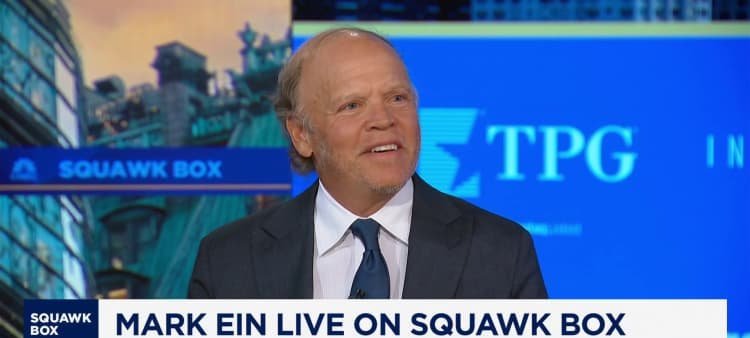Cities convert space into profit-driven courts
Unlike U.S. suburbs, dense Asian cities rarely offer free public space large enough for multiple pickleball courts. Entrepreneurs have filled the gap by opening for-profit venues. In Suzhou, the Shishan Sports Club launched the city’s first pickleball courts in January 2024. Hourly rental starts at 60 yuan (about $8.40), according to Lu Bing, deputy head of the Suzhou Pickleball Association and general manager of the club. Schools in the region are also adapting basketball courts to meet demand from students who find pickleball easier to pick up than tennis.
The commercial model extends to tournaments. The Chinese Tennis Association oversees the national ladder system, streamlining event organization compared with countries where grassroots groups bear the cost. Industry observers expect some facilities to consolidate as competition intensifies, but early movers believe the market potential justifies the risk.
Tournaments draw crowds across Asia
The Professional Pickleball Association (PPA) brought its first “Hong Kong Open” to the city from Aug. 21 to Aug. 24, attracting capacity crowds and waitlists for the final matches. Local player Jack Wong secured the men’s singles title, while the Netherlands’ Roos van Reek won the women’s bracket. The event formed part of the inaugural PPA Tour Asia, which also schedules stops in Japan, Malaysia and Vietnam.
Pickleball’s popularity at home mirrors its trajectory in the United States, where it has been the fastest-growing sport for four consecutive years, according to the Sports & Fitness Industry Association. The PPA held its first U.S. tournament in Arizona in early 2020, capitalizing on Americans’ enthusiasm for outdoor, socially distanced activities during lockdowns.

Imagem: Internet
Foreign brands eye opportunity, face hurdles
International manufacturers are positioning to serve China’s expanding player base. Shishan Sports Club already sells products for U.S. brand Joola, but market consultants caution that language barriers and the dominance of the WeChat ecosystem complicate entry for newcomers. Agency founder Patrick Yan said companies must adapt quickly to local digital habits to succeed.
Despite broader weakness in Chinese retail spending since the pandemic, analysts foresee continued growth in sports consumption. Zipser expects overall consumer outlays to pick up in the second half of 2025 and extend into 2026 as households recalibrate expectations and resume discretionary purchases.
For additional insights into evolving consumer trends and market shifts, visit our Finance News Update section.
Image credit: Suzhou Shishan Sports Club



